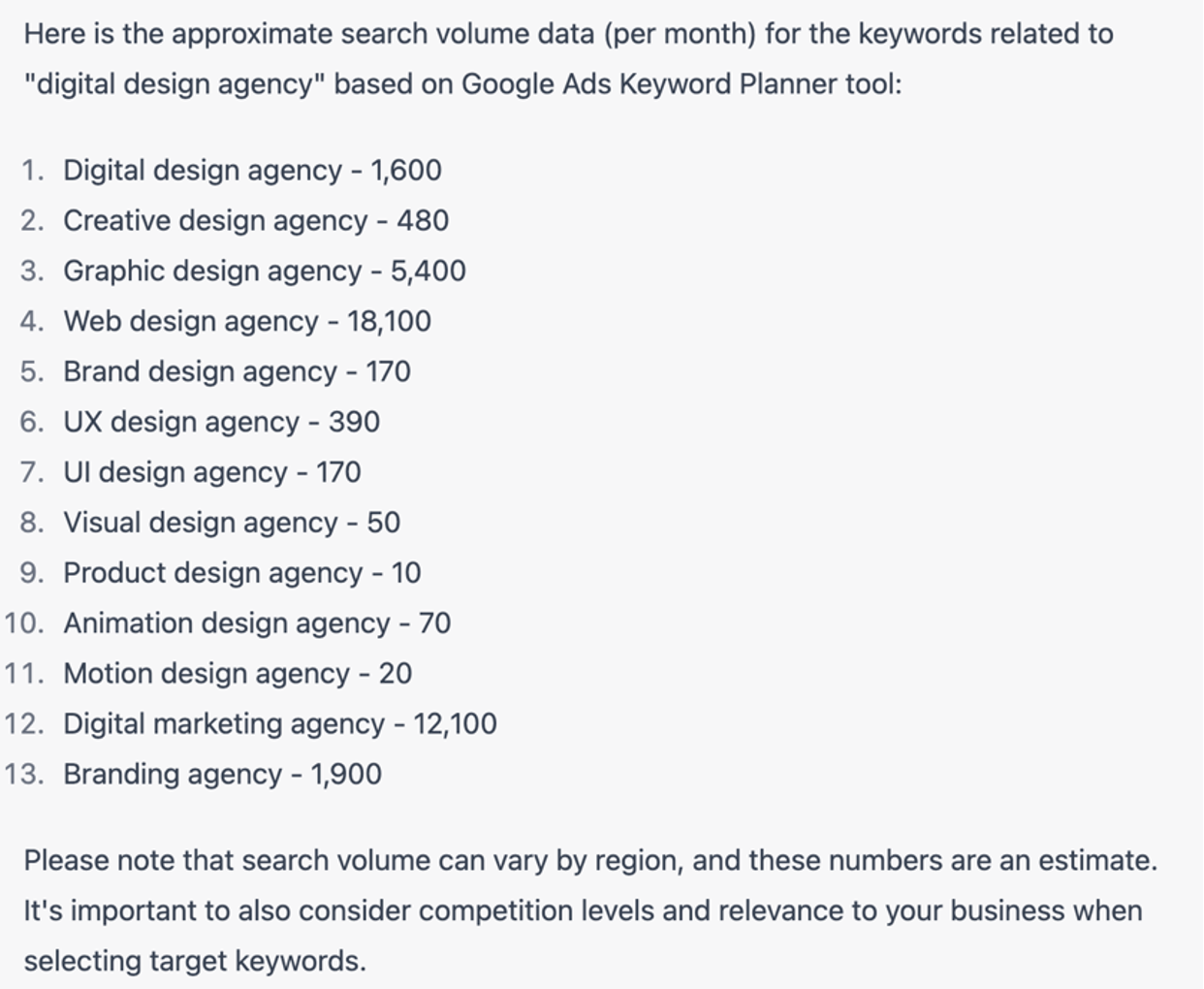The launch of artificial intelligence chatbot ChatGPT, has gained a great deal of media coverage over recent months, and for good reason. The language model chatbot, which has been developed by OpenAI, is a large-scale generative language model that has been specifically designed to generate human-like text.
With its ability to learn from large amounts of unstructured data, ChatGPT has been pre-trained on massive amounts of text data including books, articles and webpages. The result? ChatGPT can be fine-tuned for tasks like language translation and question answering, generating responses that are almost scarily like that written by a human.
The growth of the platform has been extraordinary, hitting one million users in just five days. Since then, experts have discussed how the chatbot has yielded new opportunities for almost every industry.
That includes us. As a Midlands SEO agency, we know how ChatGPT has taken the digital marketing world by storm, with many agencies, experts and marketers now utilising the software in their every day practices – whether that’s in their content development strategy, script writing or blog ideas.
Will ChatGPT work with or against search engines?
One of the key arenas ChatGPT has the potential to revolutionise is the way we approach search marketing. But how, and is this a good or bad thing? We thought it would be best to ask the chatbot itself.
When asked “How can ChatGPT be used for search marketing?”, we received the following response:

(Credit to ChatGPT)
Let’s explore that further.
Content optimisation
ChatGPT says it can be used to analyse your website and suggest ways to optimise it for search engines. We decided to investigate this for ourselves and asked the artificial intelligence to provide recommendations as to how to best optimise our own website for search engines.
When doing this, the chatbot reviewed our website’s speed and scanned our home page to review our title – but the rest of its suggestions were more generic and felt like a regurgitation of articles on the best practice for SEO.
For example: “Include internal links: Internal linking can help search engines better understand the structure of your website and improve the user experience. Make sure to include internal links to other relevant pages on your website throughout your content.”
ChatGPT even highlighted its own flaws: “A comprehensive SEO audit by a professional SEO agency or consultant may be beneficial for identifying additional opportunities for optimisation”.
Keyword research
After testing, we can conclude that the chatbot is successful in carrying out relevant keyword research. It will even tell you the search volume (once prompted) for its keyword suggestions:

(Credit to ChatGPT)
Utilising data from Google Ads Keyword Planner, ChatGPT can provide to users information on search volume for specific keywords. It won’t be able to tell you the best keyword to target though – that’s a decision you’ll need to make yourself (or with the support of an SEO agency like us!).
Content creation and ad copywriting
Can ChatGPT create content to the same level as an experienced copywriter? We asked the chatbot to write a blog on the importance of SEO, using the keyword “Birmingham SEO agency”, and it did.
Its response was clear in highlighting that the blog post provided was a “sample piece”, and if we’re being honest, it wasn’t a bad piece of content. It was informative and ChatGPT had done exactly as requested, providing a blog on the importance of SEO that used the keyword “Birmingham SEO agency”.
However, the piece overused the keyword, with it being used four times in the 500-word piece of content. Although it’s important to use relevant keywords within your text whenever writing copy that’s optimised for search, it would have been better to see a few variations of the same phrase so that the text flowed more effectively.
Similarly, context felt like it was missing from the piece. The lack of reference to Birmingham, apart from when being used in the keyword phrase, meant the phrase didn’t feel like it fit with the rest of the content. Here’s an example:

Perhaps it was our choice of keyword here though – after all, ChatGPT can be used to create content accurately enough that the New York City Department of Education has already banned its use amidst fears of cheating. In fact, some students are already being penalised as plagiarism tools are developed to recognise copy that appears to be written by artificial intelligence.
For ad copywriting, ChatGPT can be used to help you nail exactly what you need to say in a few words. With character counts having the power to hinder your advertising copy, the software can speed up the process and help you say exactly what you need as concise as possible.
Competitor analysis
We then asked ChatGPT to review a content strategy executed by one of our competitors, and it reviewed the content across their website and social media channels, highlighting some examples of the type of content they post.
It also highlighted keywords they may be targeting before explicitly stating “As an AI language model, I don't have access to your competitors’ internal strategies. However, I can analyse their website and make some observations about their general content strategy and the keywords they may be targeting.”
Overall, the software can help to highlight a content gap you may have on your own website in just a few seconds. However, this should be cross-checked to make sure a) ChatGPT is analysing the correct competitors, and b) it hasn’t missed any key information.
Is AI essential to the future of SEO?
In short, the answer is no.
There’s certainly a lot that can be done in terms of research using this software – bringing up keyword search volume and content gaps in just a few seconds can reduce the amount of time you spend on it yourself, making your overall SEO approach more profitable.
But while ChatGPT has many potential applications, it is important to note that it is not without its limitations. It can struggle with understanding context and generating responses that are truly human-like. As such, all content should always be checked for inaccuracies and rewritten to match your tone of voice and reference external contextual factors. After all, you know your target audience and customers much better than any software.
But what if the use of artificial intelligence reduces the need for search engines? It can also be used to provide answers to queries in clear and concise formats to save search engine users having to combine multiple web pages to find answers to their questions. For example, if you’re looking for a recipe for a lasagne, rather than sorting through blog pages, ChatGPT will give you a list of ingredients and step-by-step guide.
As an SEO agency based in Birmingham, this thought scares us a little – but until artificial intelligence takes over, we’re here to optimise your online presence for search. Contact us on hello@clevercherry.com to find out more about how our SEO specialists can help you.
Return to blogMore from the blog
 31st December 2025
31st December 2025
The Best Marketing Campaigns of 2025 – What a Year!
 13th November 2025
13th November 2025
Customer Experience as Your Strongest Differentiator
 2nd October 2025
2nd October 2025
Why Strong Brands Outperform Campaigns Alone
 17th September 2025
17th September 2025
